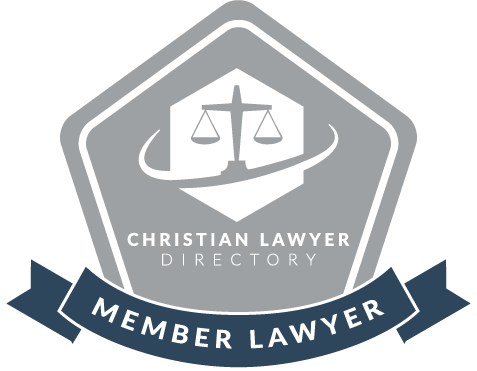In Philadelphia, if a restaurant, bar or other facility serves its patrons too much alcohol, it can be financially liable for any harm the drunk person causes. It is the job of any business that serves alcohol to be aware of whether patrons are visibly intoxicated. If a customer is visibly intoxicated he must not be served. The liability for over serving someone who causes an injury is covered by a law called the Dram Shop Act. This law exists to make certain that bars, restaurants, sports arenas and other businesses take responsibility for serving too much alcohol. Most frequently, dram shop law comes into play when an intoxicated individual leaves a bar or other establishment and causes a car crash or gets into a fight and injures a third party. In addition, if the drunk person is injured, he may sue the business for providing too much alcohol.
A Philadelphia dram shop lawyer can help to determine liability and work to hold a restaurantr or bar accountable for an accident.
What is Visibly Intoxicated?
In order to determine visible intoxication, the server must pay attention to how much he serves to an individual, as well as remember whether he served food to that person and how that patron is conducting him or herself. If the server is taking over for another employee, she should find out how much that employee provided to the patron. In addition, the server needs to watch for signs of intoxication. Bartenders, waiters/waitresses and other servers are expected to exhibit good judgment. Any establishment that serves alcohol should providing training on identifying individuals who are visibly intoxicated. Signs of visible intoxication include:
- Glassy or bloodshot eyes
- Slurring words
- Stumbling or otherwise having difficulty walking (lack of coordination)
- Obnoxious behavior
- The person admits to being intoxicated
How do courts establish whether someone was visibly intoxicated? Generally through witness accounts and sometimes expert testimony. In addition, if a blood test is taken after an event, a very high blood alcohol level might help prove that a person was likely to be visibly drunk.
The Service Must be Intentional for a Dram Shop Case
In order for the establishment to be liable, it must have intentionally served the drunk person when it knew or should have known the person was drunk or underaged. This issue arises when a third-party buys a drink for an intoxicated person and acts as if he is purchasing the drink for himself. Or if the intoxicated person sneaks a drink. That said, establishments that serve alcohol are required to pay attention to who is actually drinking and control access to alcohol, regardless of who is purchasing the beverage.
Minors
If someone is a minor and the establishment provides alcohol to the point of visible intoxication, it is considered to be negligence per se. Minors, unlike adults (those who are 18 or older) will not be considered to be contributorily negligent in cases where they themselves were injured due to being provided too much alcohol. In such cases, the establishment will be responsible for any injuries caused by the minor or any injuries that he suffers due to being visibly intoxicated. However, someone over the age of 18 but still under the age of 21 can be considered to be contributorily negligent if he should be injured. Such people are considered adults and can be held responsible for their own actions.
On another note, serving under aged individuals in your home can give rise to something called social host liability if they injure someone as a result of being intoxicated. You should never allow under aged individuals to drink alcohol in your home.
Relationship Between Injury and Service of Alcohol
The injury suffered by the third-party or the patron must be directly connected to having drunk too much at the establishment. This means that if there is no relationship between the cause of the injury and the over service of alcohol, the business will not be held liable to the injured person. The official language is that the alcohol seller’s “act must have been a substantial factor in the harm” caused by the intoxicated person, whether that be the patron himself or another person.
What Does Dram Shop Liability Mean For You?
If you were injured because a business over-served a visibly intoxicated person, you might be able to successfully obtain financial compensation from the business, as well as the person who injured you. Uniquely, in Pennsylvania, if you were over-served and suffered an injury, you might be eligible to obtain compensation from the business that over-served you. A lawyer in Philadelphia can further explain how a dram shop lawsuit might help you during a consultation.
Retain a Dram Shop Lawyer in Philadelphia for Assistance
If you were injured due to someone who was over served at a restaurant, bar or other establishment, make certain you let your Philadelphia dram shop lawyer know. It is common for individuals to have minimal insurance, and you may be able to recover for the full extent of your injuries by seeking to hold the business that served the alcohol liable. In addition, if you were injured after you were over served at a drinking establishment, you might be able to hold that business liable for your injuries, even if you would be considered comparatively negligent.
Contact our Philadelphia dram shop attorneys today. We will help you explore who is liable to you for your suffering and seek the full amount of compensation to which you are entitled.
 Free Consultation
Free Consultation











